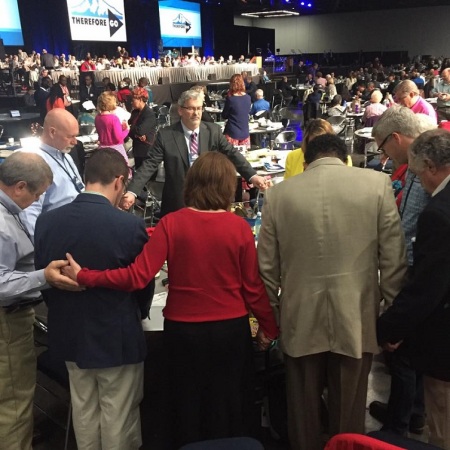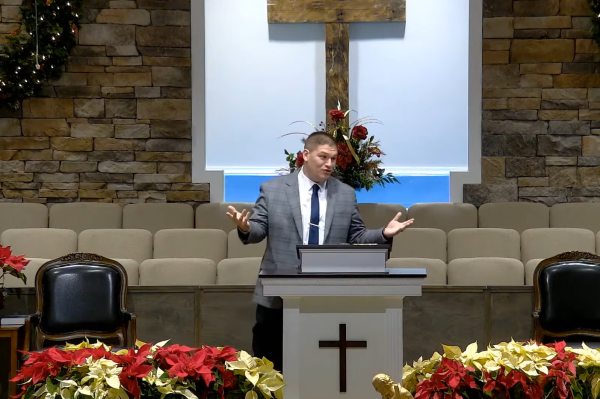UMC high court rules annual conferences cannot leave denomination amid LGBT debate

The United Methodist Church’s highest court has ruled that annual conferences, the regional bodies of the denomination that are headed by bishops, cannot unilaterally disaffiliate from the Church.
The United Methodist Judicial Council issued a decision on Tuesday, concluding that annual conferences cannot legally leave the UMC unless General Conference approves a process for them to do so.
The ruling comes as the Global Methodist Church, which is meant to be a conservative alternative to the UMC, was officially launched at the beginning of May, with many congregations and a couple of annual conferences seeking to affiliate with the new denomination.
The UMC has faced an ongoing debate over whether the denomination should change its official stance labeling homosexuality “incompatible with Christian teaching.” This stance includes banning the ordination of noncelibate homosexuals and barring clergy from blessing same-sex marriages.
Known as Decision 1444, the ruling concluded that there was “no basis in Church law for any annual conference to adopt stopgap policies, pass resolutions, take a vote, or act unilaterally for the purpose of removing itself from The United Methodist Church.”
“Absent General Conference legislation, any vote and actions taken by an annual conference to separate are unconstitutional, null and void, and of no legal force or effect,” continued the decision.
Decision 1444 noted that although a section of the UMC Book of Discipline, known as paragraph 572, allows conferences outside of the U.S. to become “autonomous,” this measure only applies to conferences abroad.
“There is no parallel provision or process for U.S. annual conferences,” explained the Judicial Council. “Whether or not this was intended, the judiciary must take care to not encroach on the constitutional prerogatives of the legislature.”
“Therefore, we hold that the process and requirements of paragraph 572 cannot be viewed as minimum standards for any annual conference to separate from The United Methodist Church.”
At present, the UMC has 53 annual conferences in the US, plus 80 annual conferences based overseas in Africa, the Philippines, and Europe, according to UM News.
Two annual conferences, Northwest Texas and South Georgia, recently sought to leave the UMC, with the former taking an aspirational vote last year to join the GMC once it was formed.
The Wesleyan Covenant Association, a conservative UMC group, recently announced that 107 congregations in Florida had begun processes aimed at leaving the UMC for the GMC.
“107 Florida Methodist churches have chosen to initiate the process to depart the Florida Conference of The United Methodist Church … 107 represents approximately 20% of the 560 United Methodist Churches in the Florida Conference,” claimed the Florida chapter of the WCA.
“This broad group of churches include both large and small congregations along with Anglo, African American, Latino, Korean, and other ethnic communities of faith. These churches will align with the new Global Methodist Church (“GMC”) which launched on May 1, 2022.”






















